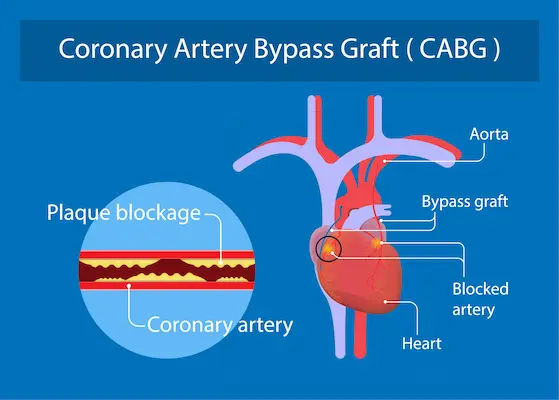- Male
- 36 Years
- 22/01/2025
I'm a bit concerned because my systolic blood pressure has been hovering around 130, but I've noticed that my diastolic is consistently above 90 or even 95. I'm really worried about why my diastolic BP is always on the higher side. Could you tell me what kind of tests or investigations might be needed for this?
More Cardiology Health Queries
View allI recently got a TMT and got the results which have left me a bit confused and concerned. The report mentions that my resting ECG is normal, and my functional capacity and heart rate response during exercise are both listed as 'appropriate'. My blood pressure response seemed to be okay too, as it says 'normal resting BP' and 'appropriate response'. I didnt experience any chest pain or arrhythmia, and there were no ST changes. However, the overall impression is marked as a 'normal stress test' but concludes with 'positive for reversible ischemia'. Should I be worried about this reversible ischemia part? What does it mean, and what should my next steps be?
Based on the findings of your TMT (Treadmill Stress Test), it appears that your overall impression is normal, but the conclusion mentions a positive result for reversible ischemia. To treat reversible ischemia, you can consider taking antiplatelet medications like Aspirin 75mg once daily, along with a statin like Atorvastatin 20mg once daily to lower cholesterol levels and reduce the risk of further ischemic events. Additionally, a medication like Metoprolol 25mg twice daily can be prescribed to help manage any underlying cardiovascular conditions. It is important to follow up with your healthcare provider for further evaluation and management.
Answered by 1 Apollo Doctors
I'm 50 years old and was diagnosed with mitral valve prolapse at 18, but there's no blood regurgitation according to my echocardiogram. I checked with a doctor about 8 years ago, and they said it's not something to worry about. Should I mention this condition when getting my COVID-19 vaccine?
An ECG report indicating sinus rhythm, normal axis, and T and ST wave abnormalities suggests potential cardiac issues. While not necessarily serious, it requires further evaluation. Consider: Next Steps 1. Consult a cardiologist for interpretation and guidance. 2. Additional tests: Holter monitor, echocardiogram, or stress test. 3. Review medical history and medications.
Answered by 1 Apollo Doctors
I'm 20 and recently had two echocardiograms, one showing RVSP at 37 mmHg and the other at 29 mmHg. Both mentioned normal pulmonary artery and veins, and there's MVP with mild eccentric regurgitation. I'm worried about the possibility of pulmonary artery hypertension and whether it could be idiopathic. Could you help me understand what's going on?
Visit your Physician for appropriate management
Answered by 1 Apollo Doctors
Disclaimer: Answers on Apollo 247 are not intended to replace your doctor advice. Always seek help of a professional doctor in case of an medical emergency or ailment.






